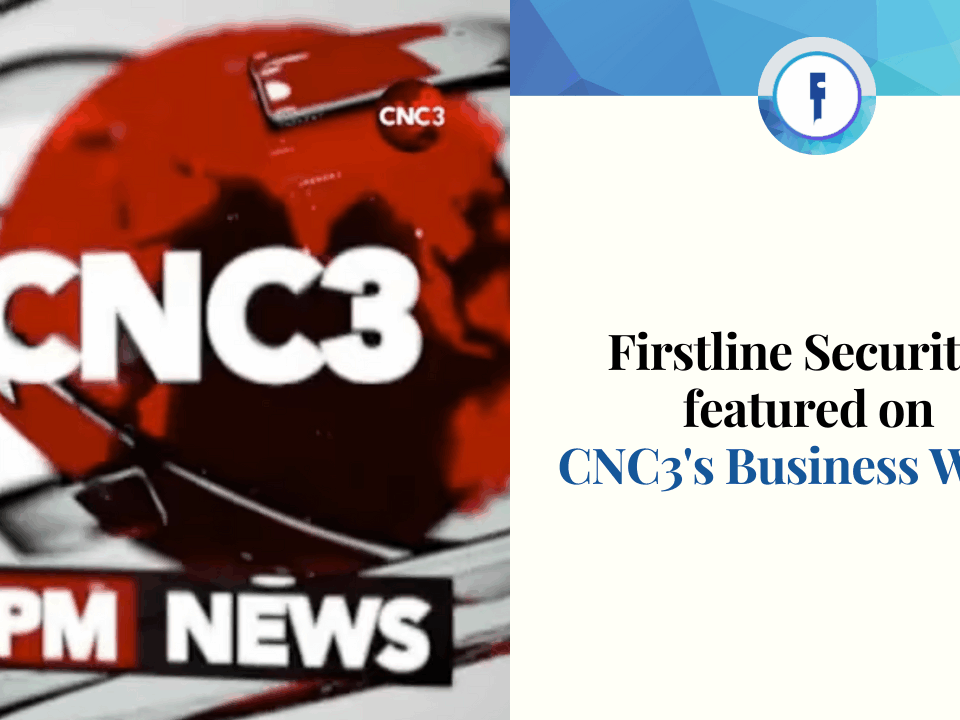INSIGHTS
THE 411 ON BUSINESS FRAUD – PART ONE


WHAT IS FRAUD AND HOW DOES IT CROSS-BORDERS?
*
A Firstline Securities Limited Blog by: Mike
Let’s Dive In: WHAT IS FRAUD?
Fraud is an intentionally deceptive act that is designed to provide the perpetrator with an unlawful gain or deny a valid right to an individual.
Unfortunately, fraud is widespread and can occur in a number of different business areas.
It can be found in the day-to-day operations of a business, in the sale of real estate, in the sale of private property, and in the sale of intangible assets like stocks and shares.
Fraud can be carried out by one individual or a number of individuals operating in concert with one another.
It can also be perpetrated by companies.
Looking at fraud in further depth – information asymmetry
In most situations where fraud is attempted or has taken place the perpetrator of the fraud is aware of information that the intended victim of the fraud is unaware of.
It is this essential knowledge divide – referred to as information asymmetry – that allows the perpetrator of the fraud to deceive the intended victim.
Information asymmetry can occur for many reasons.
In some instances, it can occur because the cost of reviewing and verifying all the facts given by the perpetrator is simply not possible.
This maybe because those facts cross over borders and can only be verified by an independent third-party located in the same jurisdiction.
For many small and medium sized businesses and private individuals, the cost of reviewing and verifying information in those circumstances acts as a disincentive to conduct a proper due diligence on the information provided by the perpetrator.
What is business fraud?
Business fraud consists of those activities that are undertaken by an individual or a company in a dishonest and illegal manner and are designed to give an advantage to the individual or company perpetrating the activities.
Business frauds are usually marked by certain characteristics.
They are often complex, have a significant impact on the victim, and when they are discovered can have a devastating monetary and psychological impact on innocent third parties.
Who perpetrates business fraud?
It is important to recognise that business fraud can be perpetrated from many sources:
- The employees of a business.
- The customers of a business.
- The suppliers of a business.
- Third-parties (individuals or companies) that have no connection to the business.
Adding an international element – cross border fraud
Cross border fraud can be broadly defined as those frauds that span across international borders.
Most cross-border frauds involve getting the individual or company (the victim) to transfer money or assets outside of the domestic border to a location where it cannot be traced and/or recovered.
While it is impossible to provide an extensive list of approaches that can be taken to facilitate cross-border fraudulent transfers we can offer two generic examples.
Reshipping fraud
Items are purchased, usually with stolen funds obtained through identity theft, and sent to domestic addresses for delivery.
The person receiving the item is usually an innocent dupe who simply acts as a shipping forwarder, sending the item onward to an address that is outside the domestic jurisdiction.
Innocent re-shippers are often found through classified advertisements offering the opportunity to work from home.
The opportunity to work at home looks to be a legitimate offer of work but in reality, it boils down to no more than the mailing of stolen items to addresses outside the country and to the ultimate perpetrator of the fraud.
Advance fee fraud
Advance fee frauds usually involve the promise to advance money or allow the participation in a deal (such as the provision of loan finance) in exchange for the payment of an upfront fee.
After the upfront fee is sent by the victim the promised money or deal never materialises and the perpetrator simply disappears.
Proving fraud
Although the definition of fraud can vary from country to country most definitions are based upon a five-act test.
The five acts are:
- The perpetrator has provided a false statement as a material fact.
- The perpetrator has to know that the statement provided was untrue.
- The perpetrator has to have intended to deceive the victim.
- The victim has to demonstrate that they relied upon the statement of the perpetrator.
- The victim has to have suffered damage as a result of acting on the false statement.
Further blog entries in this series
In the second part of our series of blog entries on business fraud we continue the narrative by looking at business fraud in further detail and how you can take steps to prevent it happening to you or your business.
Send us your comments – have you suffered from business fraud?
Send us your comments – we’d love to read your opinion!
Firstline Securities Limited offers comprehensive coverage of local and international markets with many unique opportunities to put surplus cash to work either as your asset manager or investment advisor. Please contact us for more details at info@firstlinesecurities.com or at 868.628.1175. We can discuss your investment needs in detail and craft a portfolio that makes sense for you. We look forward to hearing from you.

